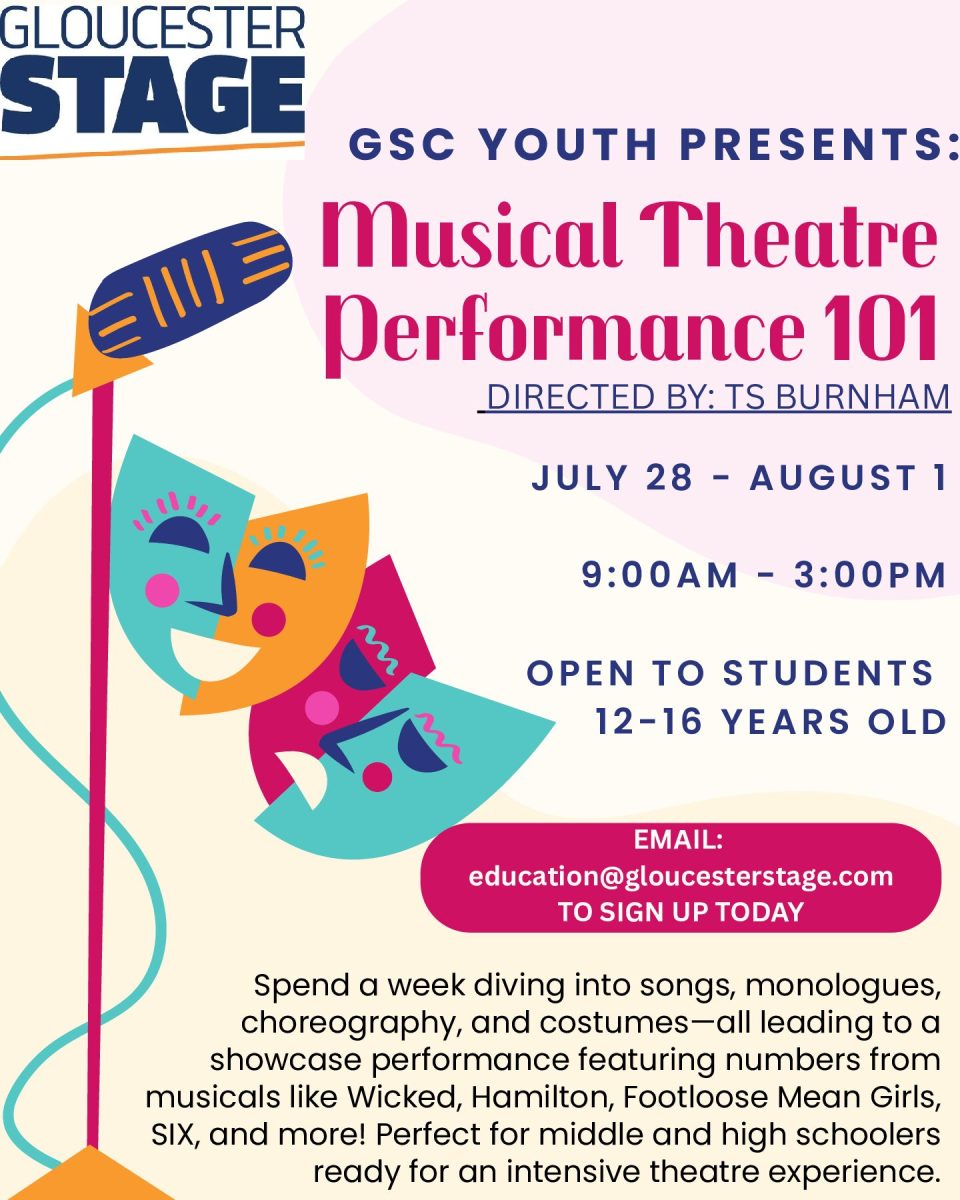Major changes to MCAS take effect this spring
Chalk Art by Mila Barry
November 30, 2018
The 21st century has seen a surge in technology use in every field and facet of society, and the Massachusetts Comprehensive Assessment System (MCAS) is no exception. This year, Massachusetts is rolling out a new standardized test, with more extensive standards and a different assessment platform.
This shift will affect nearly every aspect of the test, from the skills being tested, to the basic structure of the assessment. As teachers prepare students for the challenge, it’s important to be aware of exactly what to prepare for.
“There are so many changes,” said head of the GHS English department, Michael Telles, “The major thing is that it is all computer based. It is not just preparing students for the essays that is challenging, but teaching computer literacy.”
Online testing presents an array of challenges aside from the skills the state is testing for. Students now have to learn to type efficiently, use the online highlight tool, minimize and maximize the note-taking pop-up, turn on the elimination tool for multiple choice; the list goes on.
“I think it will negatively affect students’ ability to immerse themselves in the reading and writing process,” said Telles.
Some students struggle with simply tracking a line of text on a screen, because of the strain on the eyes. Online testing has the potential to disrupt the basic reading process, and misassess students who’s poor scores could possibly be attributed to the computer element instead of their understanding of the material.
The material will be different as well. In an effort to create a test that better reflects the Massachusetts standards, MCAS officials have added several writing components, and revamped the multiple choice section.
“There are four essays now; expository, narrative, argument, and then a fourth that could be any of these three,” said Telles. “One of the essays will not count (it will be for data purposes), but students will not know which.”
Previously, students had to compose only two essays; one long composition, and one open response. In addition, students will have to be more efficient at interpreting text.
Telles explained, “All the essays are keyed to a text that students have not read yet. In the past, open responses were like that and the essays were about books they had already read.”
The prompts themselves have been revised as well, changing the way students will have to approach their analyses. Telles is not the only teacher who is concerned.
“I think that the main obstacle will be the complexity of the prompts,” said English teacher Cynthia Perry, “Students will have to make inferences, compare, and explain how one reading enhances their understanding of the other.”
For many, this concept is overwhelming. Picking through a large text takes focus and patience.
“Students will be expected to do it in less time than allocated in the past,” said Perry, “There’s no time limit, but it will run over two days instead of three.”
Besides the written section, the multiple choice section will integrate new “technologically advanced questions”. These include multiple choice and click-and-drag.
It’s going to a big challenge for everyone; no doubt. But some student populations are likely to see greater adverse effects.
“I think that it will affect the ELL students and maybe those who need more scaffolding in terms of processing,” said Perry, “I believe it’s going to be very challenging for sophomores to pass this assessment.”
But responsibility for keeping scores up doesn’t fall solely on teachers. Schools depend on resources provided by the state, such as anchor papers and practice tests, to prepare students for the MCAS. And this year, the state has been uncharacteristically stingy about releasing these resources.
“The biggest challenge for teachers is understanding what the state’s goals are; what they want to accomplish by having these new assessments,” said Perry, “If they want teachers to prepare students they should give more time, and more professional development so teachers know how to help students meet the new goals.”
Regardless, the school is already working to accommodate these changes and help students adapt. Telles highlighted some of the weaknesses that the English department is working to strengthen.
“Narrative and argument writing are things we need to do more of,” said Telles, “We need to help students write about a text they are presented with by quickly reading and evaluating it, then synthesizing it with another text.”
To make effective progress, practice is a nonnegotiable. Teachers are working to integrate MCAS skills in day to day assignments and tests.
“We have to use technology enhanced practice tests, and we need to make sure we have the infrastructure to administer them,” said Telles. “Also, the English department is changing assessments to mirror the demands of the new MCAS.”
GHS is putting forth all available resources to set students up for success this spring.































